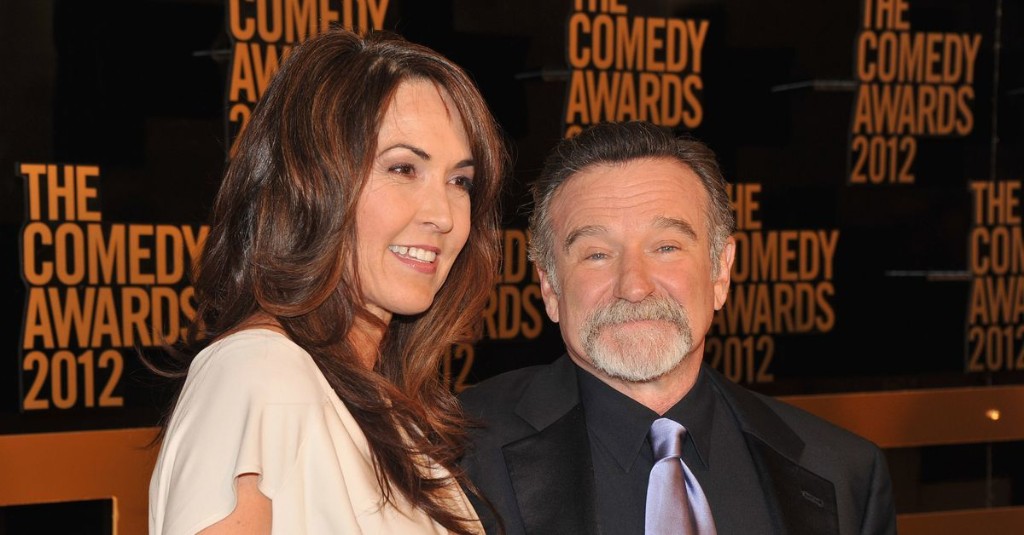By Richard Roeper Sun Times
In the documentary, the comedian’s widow and friends open up about his agonizing final years.
In the documentary, the comedian’s widow and friends open up about his agonizing final years.
One of the most heartbreaking aspects to Robin Williams’ pain was he didn’t know the WHY of what was happening to his mind and his body as both betrayed him.
As we hear in interviews with his widow and some of his closest friends as well as medical experts in the documentary “Robin’s Wish,” the legendary comedian and actor was overwhelmed by physical and emotional fatigue, by feelings of hopelessness and paranoia, by sleep disorder and cognitive impairment and tremors — but he was diagnosed with Lewy body dementia only after his death on Aug. 11, 2014.
‘Robin’s Wish’: 3 out of 4
Vertical Entertainment presents a documentary directed by Tylor Norwood. No MPAA rating. Running time: 77 minutes. Opens Tuesday on demand.
“Nearly every region of his brain was under attack by Lewy bodies,” says Robin’s wife, Susan Schneider Williams, who generously gives of her time and insights and heart in the documentary, the better for us to learn and understand more about this relatively unknown condition. Susan is most prominent among the 17 interviewees in Tylor Norwood’s documentary, which is at its most riveting (and devastating) in the passages about Robin’s final years. (The archival footage, including stand-up clips and snippets of TV and film roles as well as press interviews, is valuable as a reminder of Williams’ greatness — but we’ve seen much of this before, most recently in the 2018 HBO documentary “Robin Williams: Come Inside My Mind.”)
“Robin’s Wish” takes us to the idyllic neighborhood in Marin County where Williams walked his dog and rode his bike and was friendly to his neighbors, living as close to a normal life as a megastar could live, even as his condition worsened. (One neighbor talks about seeing Robin in front of his house late one night and Robin saying, “I could really use a hug.”) Shawn Levy, director of Williams’ “Night at the Museum” films, and David E. Kelley, creator of the actor’s TV show “The Crazy Ones,” tell parallel but eerily similar stories about how it was obvious Williams was struggling but how much it meant to him to keep working and to live up to his reputation as the genius who could make any scene better. The documentary is critical, and rightfully so, of the media that speculated Williams committed suicide due to drug abuse or financial problems.Lewy body dementia is a death sentence. Read more from Chicago Sun Times
Follow us daily at “News Without Politics” to get updated information on health and wellness, and entertainment stories without media bias.
Continue to stay informed on news without media bias. Visit newswithoutpolitics.com





